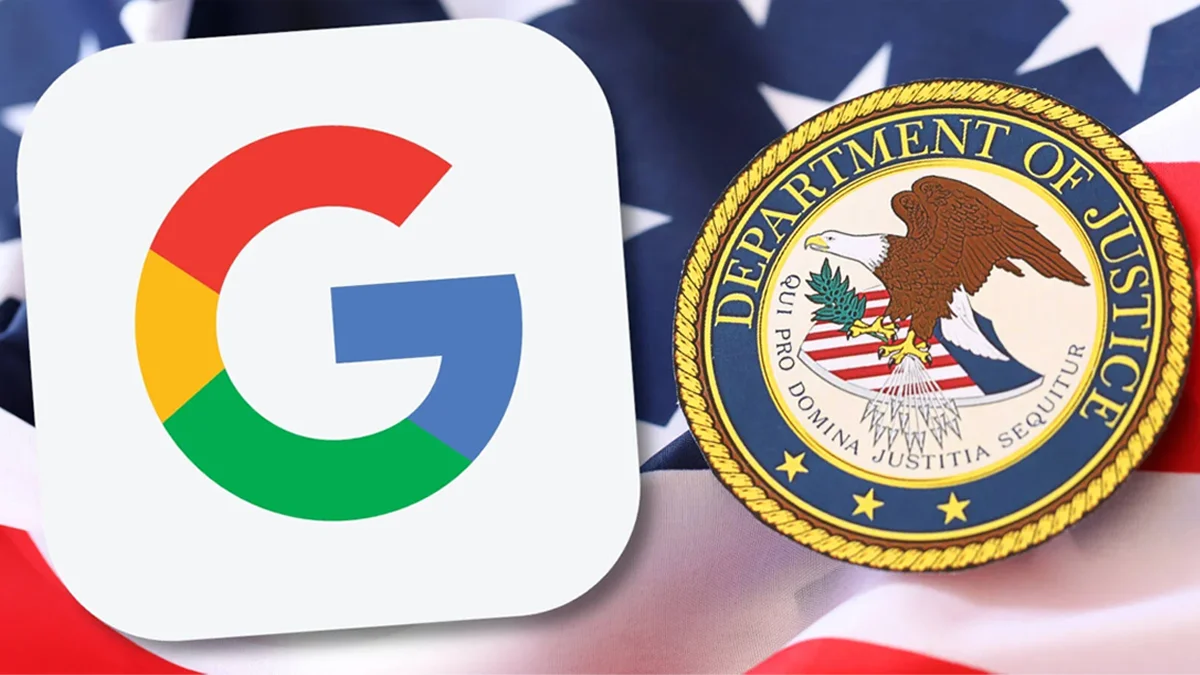Necessary Always Active
Necessary cookies are required to enable the basic features of this site, such as providing secure log-in or adjusting your consent preferences. These cookies do not store any personally identifiable data.
|
||||||
|
||||||
|
||||||
|

US regulators and Alphabet will be making their final submissions in the Google antitrust case on May 30, Reuters reported. Closing arguments will be focused on whether the search giant should adopt measures to restore online search competition or be compelled into selling its Chrome browser.
About nine months ago, US federal judge US District Judge Amit Mehta ruled that Google is an illegal monopoly. This ruling paved the way for the remedies phase of the Google search dominance trial, which started on April 21. Throughout the trial, legal representatives from the Department of Justice (DoJ) and Google have presented remedy options for the court to consider in addressing the Google monopoly problem.
These remedies, the DoJ argues, are aimed at enhancing competition in online search after a Judge Mehta ruled that Google is an illegal monopoly last year. The regulator has proposed that the court imposes aggressive remedies on Google. DOJ’s legal actions against Google include compelling the tech giant to license its core search technology and sell its Chrome browser.
According to the government, Chrome, which is the world’s most popular browser, gives Google an unfair advantage because it drives traffic to its search engine, raking in huge revenues for the company. The DoJ argues that the sale of Chrome will create an even playing field for search engine rivals.
The DoJ also wants Google to stop paying smartphone manufacturers like Apple billions to set its search engine as the default option in new devices.
“Unless Google’s vast payments are eliminated, Google will likely win each search distribution opportunity, given the tremendous advantages it has accrued from over 10 years of monopoly maintenance,” DOJ lawyers wrote in court filings ahead of closing arguments.
Google has objected to DoJ’s proposals strongly terming them too severe and unprecedented. The company also says the remedies go against existing precedents. If implemented, Google argues they will hurt the economy, consumers, and tech innovation. Google has also underscored the data security and cybersecurity risks associated with the Chrome spin-off and sharing of search information.
Google VP for Engineering and Chrome Manager Parisa Tabriz informed the court that selling the browser will break it and render it insecure and obsolete. The company argues that it cannot vouch for the security of data shared with other firms.
Instead, the company has proposed lighter alternatives that include quitting exclusive agreements with smartphone makers. Google has also proposed establishment of an oversight committee to check its actions.
Originally, DoJ’s case focused on search. However, lawyers representing the regulator included artificial intelligence in the case as a way of preventing Google from establishing exclusive distribution agreements for AI applications and programs with phone makers.
The DoJ also argues that the search giant can leverage Google AI products to strengthen its dominance in online search and use data from its search index to make itself a dominant player in AI. Currently, Google’s search index is a huge database of information with billions of webpages. DoJ is particularly focused on the future of generative AI, which could be used to make images or text depending on user prompts.
“We are at an inflection point. Now GenAI offers the possibility of the next digital frontier, if given the opportunity and time to emerge. It is thus critical to extend remedies to GenAI to allow this new technology to rise or fall outside the shadow of Google’s search monopoly,” DoJ’s court documents read in part.
According to the DoJ, compelling Google to make its index and search data like search queries, results, and clicks accessible to AI developers who wish to license it will facilitate fair competition. Testifying during the trial, OpenAI Head of Product for ChatGPT Nick Turley said his company will want to access Google’s search data and index to improve its AI model. Turley also said that previously, his company had attempted to access Google’s search data. Google declined the deal because it saw OpenAI as a direct competitor.